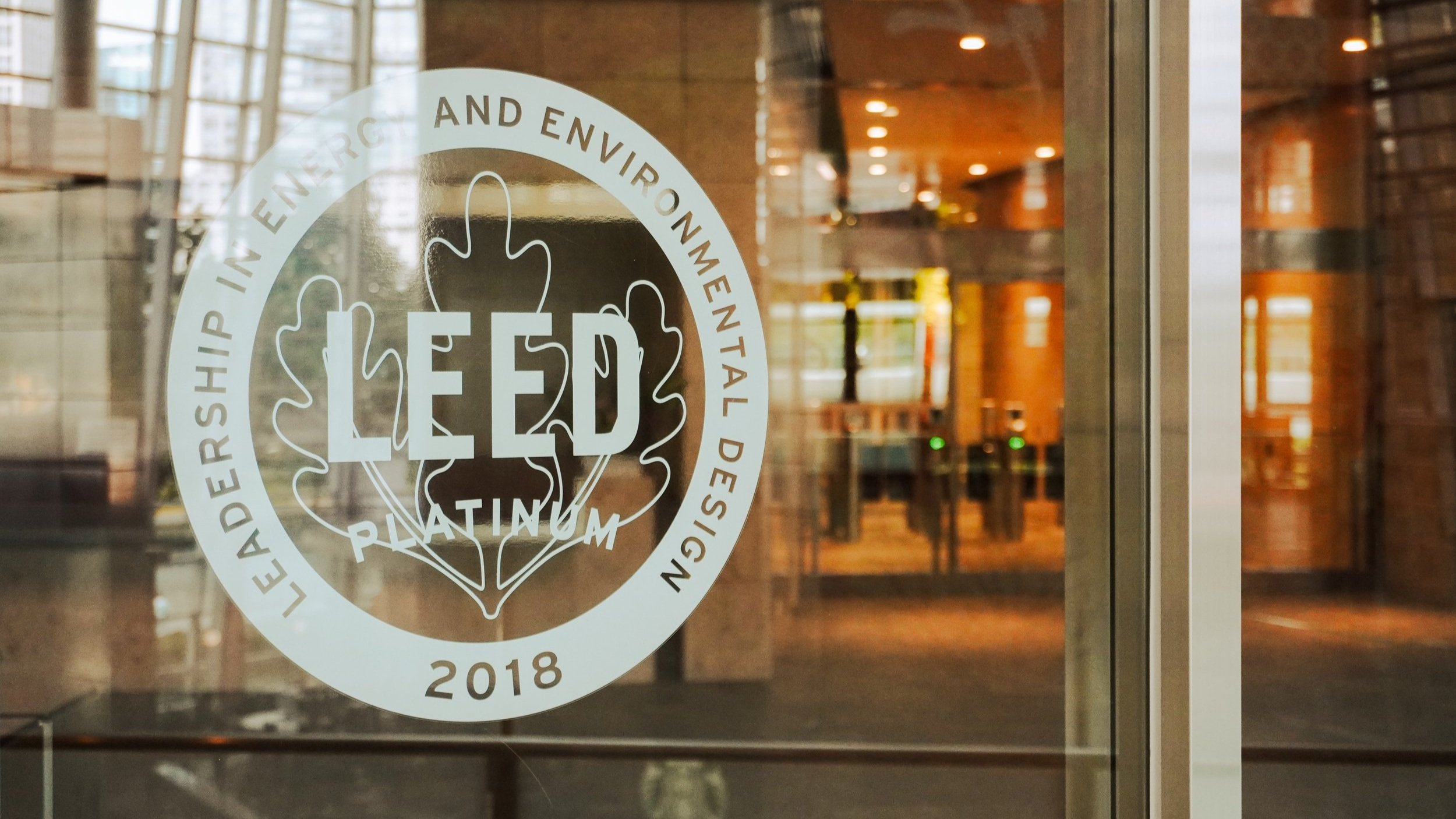LEED Data Centers and the Benefits of Outsourcing Storage
With data centers estimated to account for 2% of global greenhouse gas emissions, the technology industry is rapidly developing solutions to reduce this figure and create a sustainable system. From technical advancements in data centers to long term investments in renewable energy, there is a genuine effort being made to improve data storage methods to make them more effective. In addition, corporations are becoming increasingly aware of the benefits of outsourcing their data storage to facilities that focus on sustainability and energy efficiency. With solutions being rapidly generated in order to lower the environmental impact of data centers, here are two aspects companies should be aware of when utilizing data storage.
LEED Certification
LEED (Leadership in Energy and Environmental Design) is a rating system applied to the design, operation and maintenance of green buildings. Developed by the US Green building Council, this has become an internationally recognized standard. When determining whether a data center qualifies for LEED certification, there are 7 main elements considered.
First, if the center is optimizing its energy efficiency. Due to the mass amounts of energy required to maintain a data storage facility, all aspects of the center must be energy efficient. This includes IT equipment, but also looks at factors such as air conditioning and uninterruptible power supplies.
Next, the energy management capabilities of the center must be considered and a management system is required to be put in place, in order to detect and respond to situations where energy is being wasted. Renewable energy is also a factor, with a score calculated to rate the percentage of energy consumption the center consumes from renewable sources. The LEED system also considers the construction of the facility and whether the construction process had systems in place to minimize waste and maintain the air quality of the site. Commissioning is another aspect of consideration, which requires the center to carry out a performance evaluation and verification to ensure that it meets all of the criteria for a LEED system.
LEED certification is common for commercial buildings and neighborhoods, however, as of 2018 just 5% of data centers had received the designation. While there are an increasing number of LEED certified centers, expanding the ability of the industry to completely transition to this standard would greatly contribute to lowering the overall effect of data storage on the climate.
Benefits of Outsourcing Data Storage
Outsourcing data storage is often more cost effective for a business. When relying on an outside facility to undertake data storage, companies will pay based on the amount of power they take up at the facility. LEED facilities will specifically help minimize these costs as it operates in the most energy efficient manner possible, helping companies save on energy expenses overall. Outsourcing data storage also allows a company to focus on its core competences, and ensures that data is properly stored and protected in a specialized facility.
LEED data storage facilities are capable of providing a high quality service and technical support to companies that outsource their data, while also ensuring that those companies are minimizing the environmental impact of data storage, contributing to a greener industry.
Learn about our affordable carbon footprint solutions for small and medium-sized businesses
Book a free strategy session to discuss your climate goals with a sustainability manager.
About RyeStrategy
Based in Seattle, RyeStrategy is a CDP-accredited, mission-oriented company specialized in carbon accounting, mitigation coaching, and climate disclosure solutions for organizations at any point in their sustainability journey. Learn how RyeStrategy helped Salesforce, Ideascale, and Wazoku achieve their sustainability goals.
From exhaustive carbon footprinting and mitigation coaching, to setting science-based targets and reporting climate data to CDP, SBTi or custom reporting platforms, RyeStrategy acts as a hands-on extension of the team, custom-tailoring services to fulfill climate disclosure requirements easily and accurately.
Meet with a sustainability specialist to learn more about RyeStrategy solutions.

